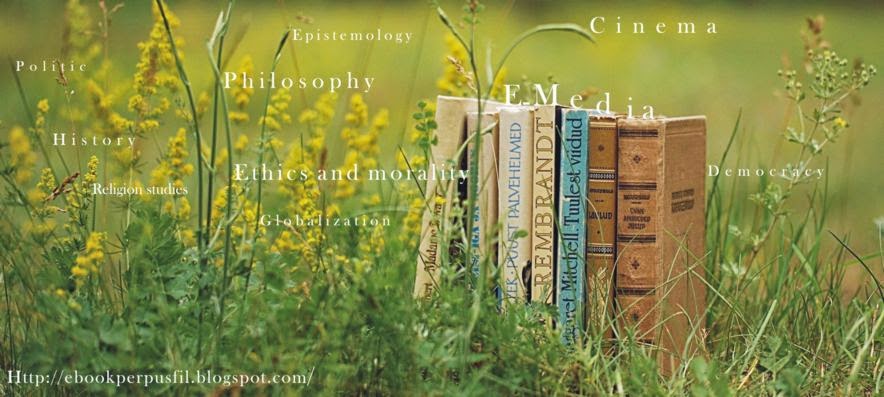
The bestselling author of No Logo shows how the global free market has exploited crises and shock for three decades, from Chile to IraqIn her groundbreaking reporting over the past few years, Naomi Klein introduced the term disaster capitalism. Whether covering Baghdad after the U.S. occupation, Sri Lanka in the wake of the tsunami, or New Orleans post-Katrina, she witnessed something remarkably similar. People still reeling from catastrophe were being hit again, this time with economic shock treatment, losing their land and homes to rapid-fire corporate makeovers.The Shock Doctrine retells the story of the most dominant ideology of our time, Milton Friedman s free market economic revolution. In contrast to the popular myth of this movement s peaceful global victory, Klein shows how it has exploited moments of shock and extreme violence in order to implement its economic policies in so many parts of the world from Latin America and Eastern Europe to South Africa, Russia, and Iraq.At the core of disaster capitalism is the use of cataclysmic events to advance radical privatization combined with the privatization of the disaster response itself. Klein argues that by capitalizing on crises, created by nature or war, the disaster capitalism complex now exists as a booming new economy, and is the violent culmination of a radical economic project that has been incubating for fifty years.
Naomi Klein's The Shock Doctrine advances a truly unnerving argument: historically, while people were reeling from natural disasters, wars and economic upheavals, savvy politicians and industry leaders nefariously implemented policies that would never have passed during less muddled times. As Klein demonstrates, this reprehensible game of bait-and-switch isn't just some relic from the bad old days. It's alive and well in contemporary society, and coming soon to a disaster area near you. "At the most chaotic juncture in Iraq'' civil war, a new law is unveiled that will allow Shell and BP to claim the country's vast oil reserves… Immediately following September 11, the Bush Administration quietly outsources the running of the 'War on Terror' to Halliburton and Blackwater… After a tsunami wipes out the coasts of Southeast Asia, the pristine beaches are auctioned off to tourist resorts… New Orleans residents, scattered from Hurricane Katrina, discover that their public housing, hospitals and schools will never be re-opened." Klein not only kicks butt, she names names, notably economist Milton Friedman and his radical Chicago School of the 1950s and 60s which she notes "produced many of the leading neo-conservative and neo-liberal thinkers whose influence is still profound in Washington today." Stand up and take a bow, Donald Rumsfeld. There's little doubt Klein's book--which arrived to enormous attention and fanfare thanks to her previous missive, the best-selling No Logo, will stir the ire of the right and corporate America. It's also true that Klein's assertions are coherent, comprehensively researched and footnoted, and she makes a very credible case. Even if the world isn't going to hell in a hand-basket just yet, it's nice to know a sharp customer like Klein is bearing witness to the backroom machinations of government and industry in times of turmoil. --Kim Hughes
Download
archive password: ebooksclub.org
 Including three of his most famous and important essays, Utilitarianism, On Liberty, and Essay on Bentham, along with formative selections from Jeremy Bentham and John Austin, this volume provides a uniquely perspicuous view of Mill's ethical and political thought.
Including three of his most famous and important essays, Utilitarianism, On Liberty, and Essay on Bentham, along with formative selections from Jeremy Bentham and John Austin, this volume provides a uniquely perspicuous view of Mill's ethical and political thought.












